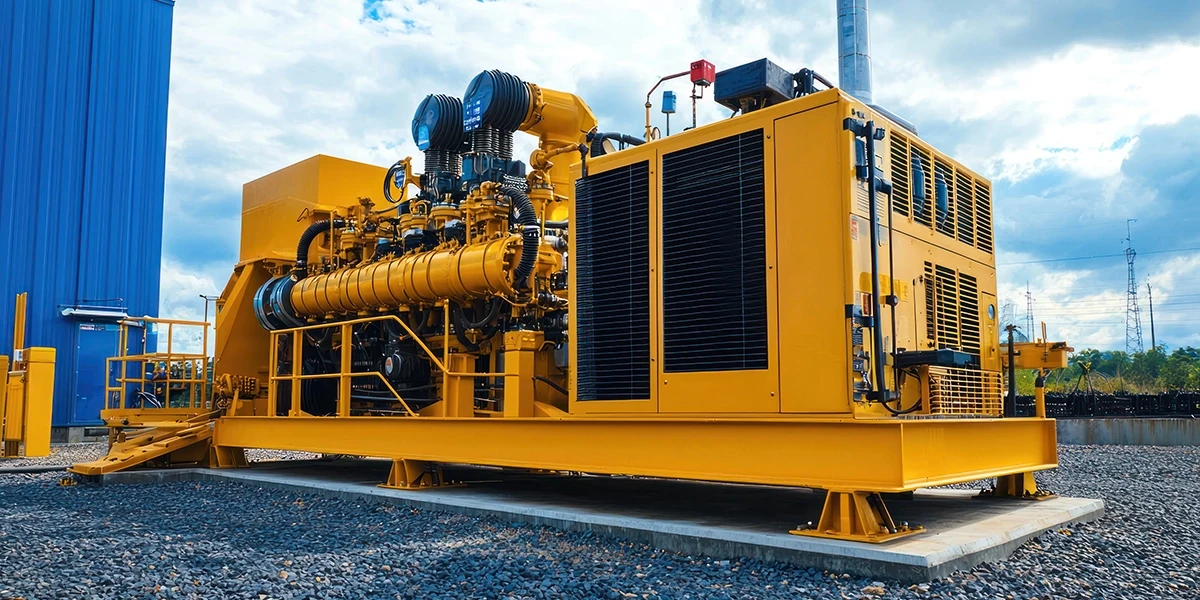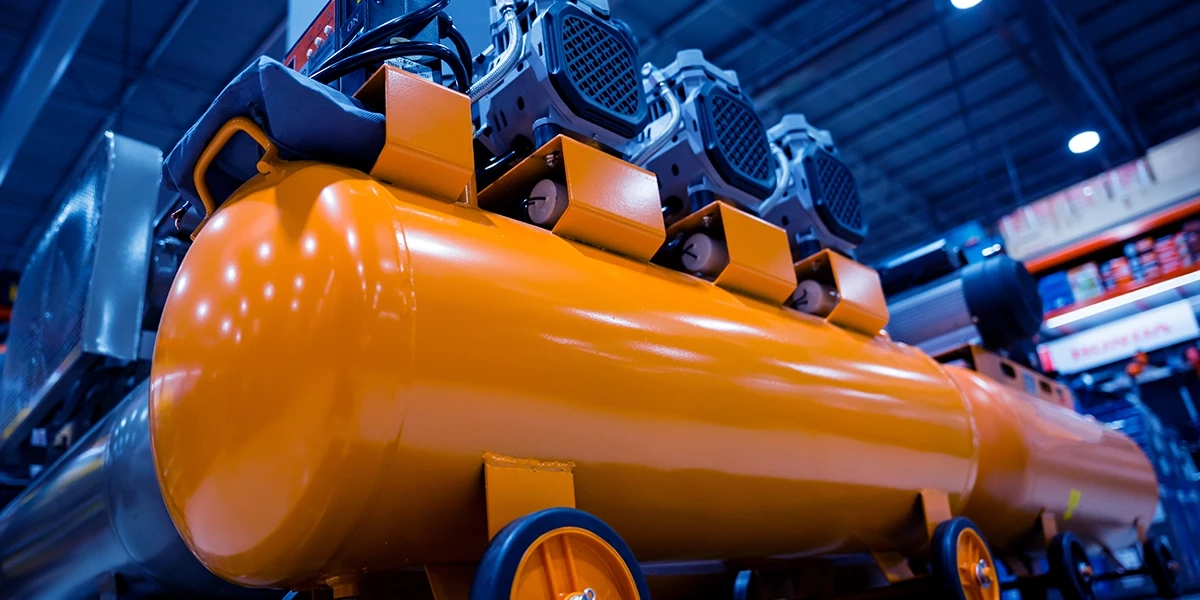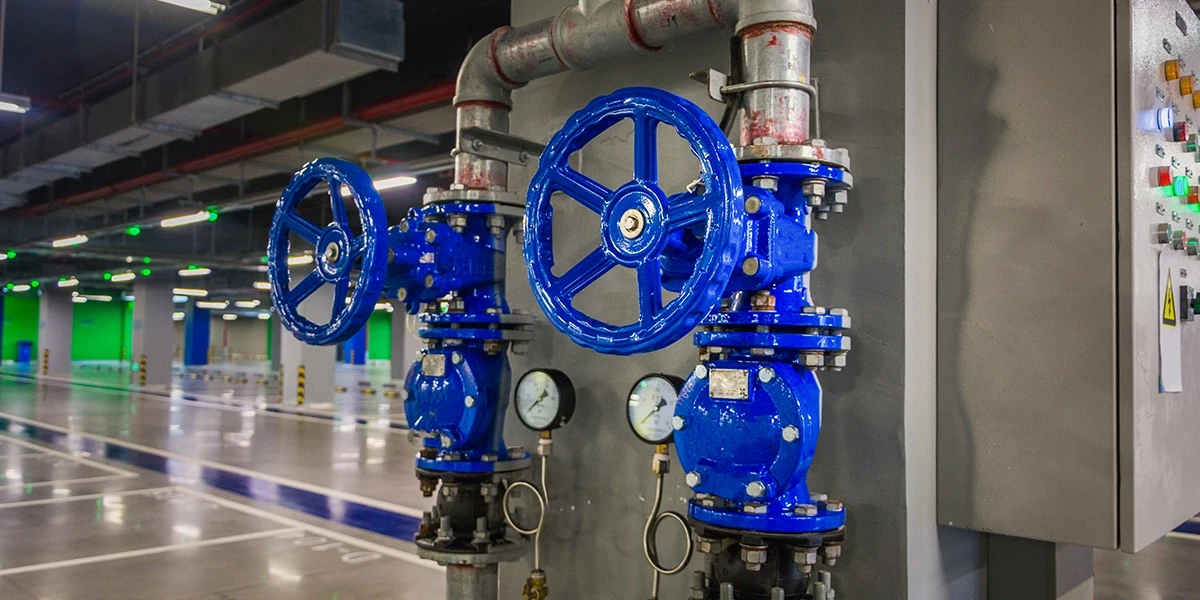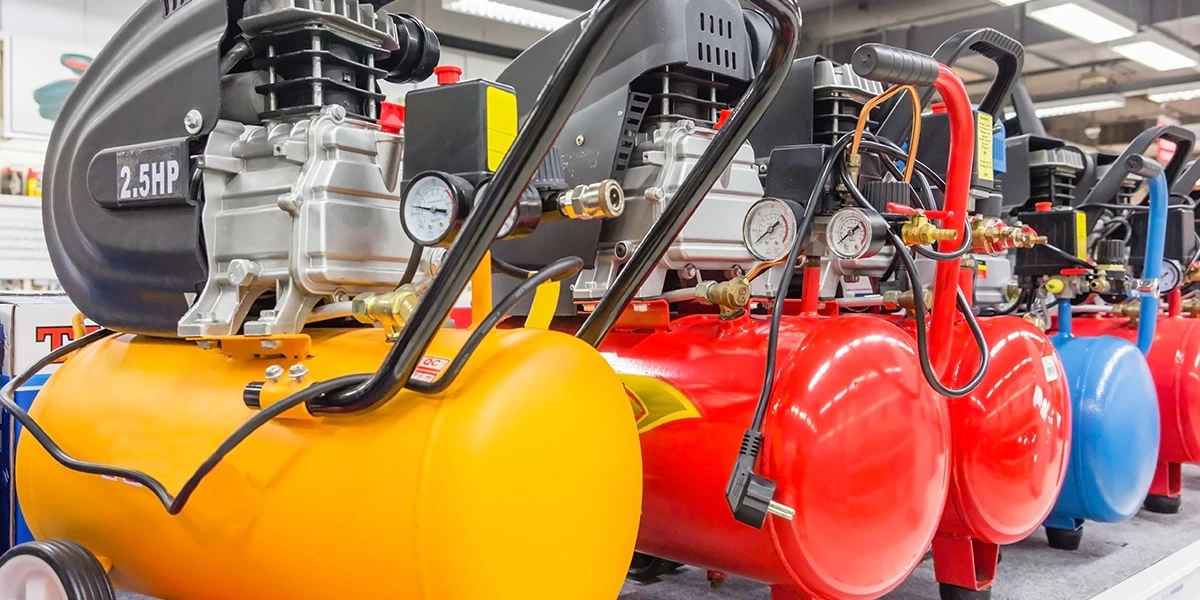In today's rapidly evolving business environment, the push towards sustainability has become more than just a trend—it's necessary. Industrial companies are increasingly recognizing that sustainable practices are essential not only for protecting the environment but also for ensuring long-term success. The industrial supply chain, a critical component of manufacturing processes, plays a key role in this transformation. By adopting sustainable practices, your business can reduce its environmental impact, enhance functioning efficiency, and build resilience against future disruptions.
Before diving into sustainable practices, it's important to understand what it entails. The supply chain industry encompasses sourcing, producing, and delivering products and services. It involves multiple stages, including procuring raw materials, manufacturing processes, transportation, and distribution of finished goods to customers. Each of these stages presents opportunities for industrial companies to adopt more sustainable practices.
Carbon emissions are only one aspect of sustainability. It involves creating supply chains that are resilient, efficient, and socially responsible. The benefits of adopting sustainable practices are manifold:
Reduced waste, energy consumption, and emissions, companies can minimize their ecological footprint.
By reducing waste and increasing resource utilization, sustainable practices often result in cost savings.
A sustainable supply chain is important for managing disruptions like the ones caused by the COVID-19 pandemic. Prioritizing efficiency and adaptability is key to keeping things running smoothly.
Consumers are increasingly favoring companies that demonstrate a commitment to sustainability, leading to enhanced brand loyalty and a competitive edge.
Supply Chain Management (SCM) is like making sure everything runs smoothly in a company's supply chain. It involves managing how goods, information, and money move. So that products get to customers on time, and everyone is happy.
A supplier audit is a systematic evaluation of a supplier's processes, capabilities, and compliance with quality, safety, and ethical standards. Regular audits help make sure suppliers meet the standards and keep up good quality, which lowers risks in the supply chain.
The purpose of supplier development is to enhance the capabilities and performance of suppliers. Developing strong supplier relationships fosters long-term partnerships and ensures a reliable supply chain.
New supplier registration is the process of onboarding potential suppliers into the supply chain. A rigorous registration process ensures that only capable and reliable suppliers are integrated into the supply chain.
Identifying critical suppliers is essential for managing the supply chain effectively. Critical suppliers are those whose products or services are crucial to the business’s operations.
In the supply chain, risk assessment involves identifying, evaluating, and mitigating potential risks. A robust risk assessment strategy enables proactive management ensuring supply chain resilience and continuity.
Some of the key steps which should be adopted to achieve sustainability are discussed below.
The first step towards sustainability is understanding the current state of your supply chain. Identify areas that can be improved through a comprehensive assessment. The assessment should include the following:
Once you understand your supply chain, the next step is to set specific, measurable sustainability goals. These goals should align with your company's broader environmental and social responsibility objectives. Examples of sustainability goals include:
Your suppliers play a crucial role in this. To achieve your sustainability goals, it's essential to collaborate with them. Here’s how you can engage with your suppliers:
Sustainable manufacturing processes are key to reducing the environmental impact of your supply chain. Consider implementing the following strategies:
Transportation is a significant source of emissions. To reduce your transportation-related environmental impact, consider the following measures:
Packaging is another area where industrial companies can make significant sustainability gains. Consider adopting the following practices:
Technology plays a critical role in optimizing sustainability. Here are some technological solutions that can help:
Adopting sustainable practices is good for the environment and your business. You can make your supply chain efficient and sustainable by reducing waste, using resources wisely, and being prepared for challenges like climate change. Industrial companies that focus on sustainability will have more success in the long run.
eINDUSTRIFY empowers your business to embrace sustainable practices within your supply chain, driving efficiency, resilience, and environmental responsibility. By using our skills and creative solutions, you can improve your supply chain, reduce your impact on the environment, and succeed in a changing market for the long haul. Together, we can build a more sustainable future for your business and the industries you serve. Let eINDUSTRIFY be your catalyst for powering a future of unparalleled industrial excellence. Email us at info@eindustrify.com or call +1 888 774 7632 to register for access to a premium global marketplace.
1. What are sustainable practices in an industrial supply chain?
Sustainable practices involve adopting methods that reduce environmental impact, promote social responsibility, and enhance economic efficiency within the supply chain.
2. What are some common sustainable practices for industrial supply chains?
Common practices include less energy use, optimizing transport to reduce emissions, using eco-friendly packaging, minimizing waste, and selecting sustainable suppliers.
3. How can sustainable sourcing impact my supply chain?
Sustainable sourcing involves selecting suppliers that prioritize environmental and social responsibility. This can make the supply chain stronger and reduce the risks of unethical practices. It improves the overall quality of the product.
4. How can technology help in adopting sustainable practices?
Technology can optimize supply chain processes, improve transparency, and track sustainability metrics. Tools like blockchain, AI, and IoT can enhance supply chain efficiency.
5. What challenges might I face when adopting sustainable practices?
Challenges include higher upfront costs, resistance to change, finding reliable, sustainable suppliers, and ensuring consistent sustainability standards across the supply chain.
Tags: Industrial Supply Supply Chain Management Manufacturing Logistics Procurement Distribution Inventory Management Warehousing Supply Chain Optimization Supplier Management
RECENT POSTS:

How Industrial Circuit Breakers Are Critical for Power Generation Safety

Essential Power Distribution Panels for Optimizing Your Industrial Setup

Top 5 Generator Protection Devices for Reliable Power Generation

How to Choose the Right Industrial Air Compressor for Your Facility

Choosing the Right Global Power Transmission Equipment

Top DC Motors for Industrial Automation

How to Select the Right Control Valves for Your System

Air Compressors for Sale: Compare Models, Brands, Features